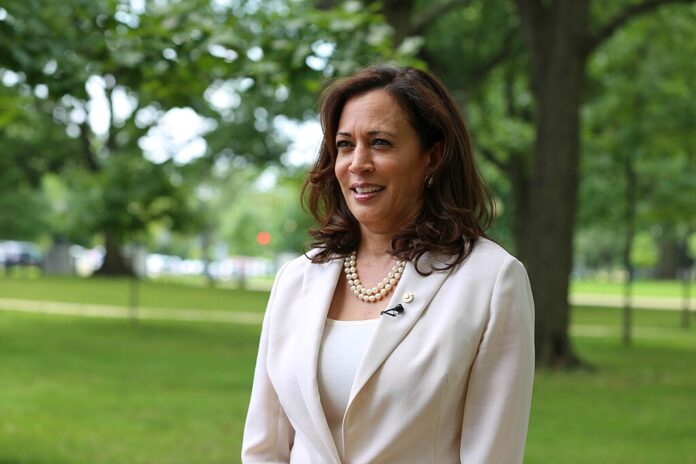The Vice President and former President make contrasting pitches to voters in pivotal battleground states ahead of the 2024 election
As the 2024 presidential campaign reaches its climax, both Vice President Kamala Harris and former President Donald Trump took to the battlegrounds of Wisconsin and Michigan, delivering their final messages to voters on November 1, 2024. With just days until Election Day, their rallies showcased the stark differences in their visions for America, highlighting the stakes in these crucial states.
In a show of vibrant energy, Harris focused her efforts solely on Wisconsin, where she engaged with union workers and promised substantial investments in key industries. Addressing a crowd in Milwaukee, she pledged to bolster sectors such as steel and iron manufacturing while also fostering new opportunities in renewable energy. “We will upgrade existing factories and work hand-in-hand with unions to create good-paying jobs,” she stated, aiming to connect with blue-collar voters who have historically played a significant role in shaping the outcomes in this state.
Harris’s final rally was infused with star power, featuring performances from popular rappers Flo Milli and Glorilla, which added to the festive atmosphere. A particularly notable moment came when Grammy Award-winning artist Cardi B shared her own journey towards political engagement, crediting Harris’s candidacy as a catalyst for her decision to vote. In a pointed critique of Trump, Cardi B labelled him a “hustler,” underscoring the cultural divide that characterises this election cycle.
Embed from Getty ImagesOn the other hand, Trump, who campaigned in both Michigan and Wisconsin, urged his supporters to view this election as a critical juncture for America. At his rally in Michigan, he implored attendees, “It’s now or never,” framing the race as “the most important election you’ve ever thought about voting in.” His rhetoric was familiar, echoing themes from his past campaigns, while he warned supporters against complacency.
Trump also faced technical difficulties during his Milwaukee address, which he lamented vocally, yet he did not shy away from attacking his opponent. He asserted that Harris “hates Americans,” reinforcing the combative tone that has characterised his campaign. Notably, Trump avoided directly answering questions about whether he would appoint Robert F. Kennedy Jr. as Health and Human Services secretary but hinted that Kennedy would play a significant role in healthcare under his administration.
The rally atmosphere was further charged by Trump’s controversial remarks about former Republican Representative Liz Cheney, whom he labelled a “war hawk” deserving of severe consequences. Cheney, a vocal critic of Trump, condemned his rhetoric, warning that it threatens the very foundations of democracy. Harris swiftly responded, declaring that such language is “disqualifying” for a presidential candidate, reinforcing the Democrats’ strategy to position themselves as the defenders of democratic values against what they view as Trump’s increasingly authoritarian tendencies.
The Supreme Court’s recent ruling also plays a pivotal role in shaping voter access in Pennsylvania, where a decision was made to uphold a lower court’s ruling allowing for alternative options for voters whose ballots face technical issues. This outcome represents a significant blow to Republicans in this battleground state, where securing voter turnout is crucial for both parties as the election approaches.
With Wisconsin polling showing Harris leading Trump 51% to 45%, and Michigan reflecting a 48% to 43% lead, both candidates are acutely aware of the stakes involved. The 2016 election saw Trump capture both states, but Biden’s success in 2020 has made them focal points for both campaigns.
As the campaign trail heats up, the contrasts between the candidates’ messages and approaches are becoming increasingly apparent. Harris’s emphasis on unity and investment in American industries stands in stark relief to Trump’s combative rhetoric and focus on cultural grievances. As they make their final appeals to voters, the outcome of this election hinges on the ability of both candidates to galvanise their respective bases and persuade undecided voters in these critical battlegrounds.
